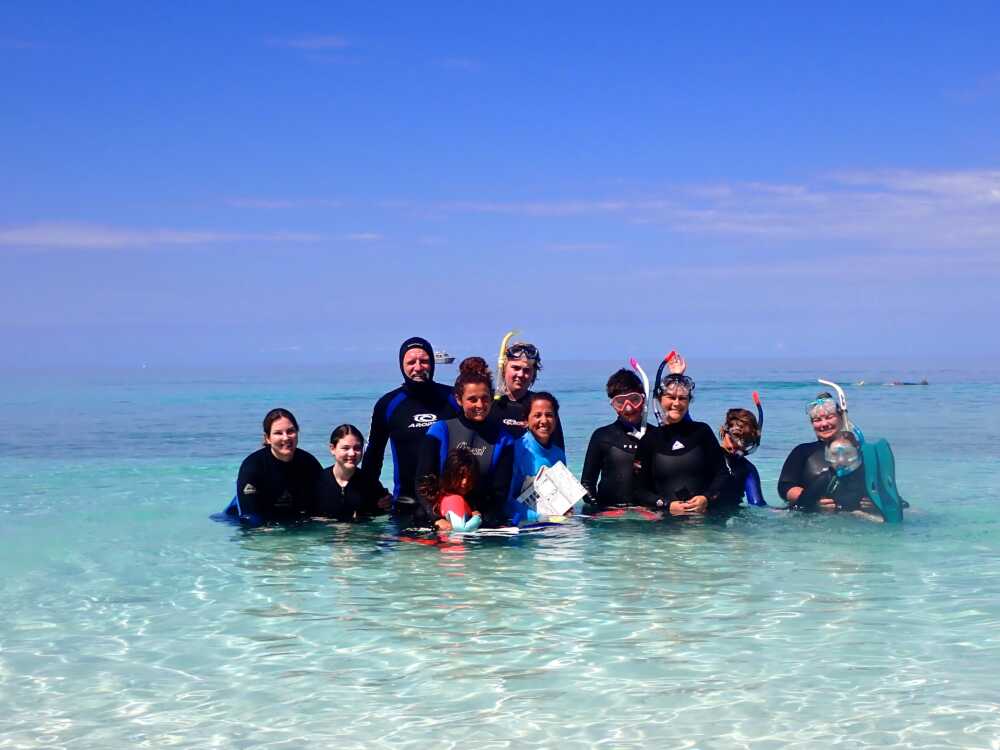5 Tips to Kick-Start your Marine Conservation Career
Getting a head start in your marine conservation career is not easy, but that does NOT mean it is impossible! Read on for a few of my top tips to help kick-start your career in marine conservation.
1. Volunteer
Get involved with a local clean up, citizen science or environmental organisation that will allow you to build essential skills and connections.
Whilst at university, I was part of the UQ Geography Society and in my last year was elected president by my peers. This not only strengthened my social and leadership skills, it also allowed me to build my abilities in logistics, event management and networking. We successfully organised camping trips, fundraisers, market stalls, plus social and professional networking events. We took the initiative to pull together (with the help of a wonderful team of course!) the society’s first ever industry night where university students had the chance to connect with industry
professionals. It included a panel of speakers, career speed dating and social drinks and canapés. The entire event was sponsored by the attending companies, all made possible by the efforts of the wonderful volunteer team I was leading.
In addition, I was volunteering with Seagrass Watch Moreton Bay and the local community bushcare nursery. I was quite the busy bee, but this all meant I left university with not just a piece of paper, but a bunch of complimentary skills that prepared me well for my career.
2. Get an Internship
“How do I get experience if nobody will give me experience?“
When I finished university, every job I was applying for asked for experience. I didnt have any, so how was I meant to get any?
Internships – especially unpaid ones – can be a source of debate. From the employer’s perspective, it takes a lot of time and resources to train students. From the intern’s perspective, getting a feel for what it’s like to work in the “real world” can be extremely valuable, but is it worth giving your time for free? I am in two minds about this. I personally disagree with paying to volunteer, but trading time for new skills, industry experience, contacts and knowledge you didnt previously have is a huge gain (maybe even more so than financial compensation).
I believe your time, skills and knowledge should always be fairly compensated and I wasn’t quite priviledged enough to be able to support myself during an unpaid internship. I was lucky to (after a lot of hard work, persistence and thinking outside the box) find a paid internship position. It was a 6 month contract, after which the NGO I was working for offered me a full time contract as an employee!
3. Network
This one is HUGE! Not only in gaining possible career leads or jobs, but it is also a great way to meet a mentor or coach who can help guide and encourage you on your way.
Don’t ever underestimate the value of knowing someone who knows someone whose aunty’s grandma knows a friend whose distant cousin could help with a lead! For me, networking is something that I never really intentionally set out to do. I love people, so that certainly helped it happen naturally. My network was created through my volunteer positions, getting involved in other peoples projects, going to social events, joining dive clubs and just chatting to people and putting yourself out there as a friendly and enthusiastic human.
I spent about 3 months – almost full time- job searching when I finished university, to no avail. I was living in Switzerland at the time, where I did my last semester of university. Whilst job searching, I saw a conference about seagrass that was happening in the south of Spain, put on by the International Union for Conservation of Nature (IUCN). My rental agreement was soon coming to an end and given that I hadnt yet found a job, I registered for the seagrass conference, booked a train and packed all of my things.
I spent 2 full days at the seagrass conference, where most presentations were in Spanish (I spoke very very basic Spanish at this time!). On one of the tea breaks, I was relieved to overhear someone speaking French, so I went and introduced myself for a chat. This man just happened to be the head of the Marine Conservation department at IUCN Malaga. He asked me what I was doing there and I told him the truth – I just finished university, love seagrass and was looking for a job, so decided to come and see what it was all about. He was impressed with my genuine eagerness and suggested I send my CV through… a few days later I went in for an interview and a month later I started my internship at the IUCN Mediterranean. I really do love seagrass!
4. Get an Edge
When I reflect back on the jobs I have had since graduating, I scored most of them not only thanks to my Marine
Science degree, but also my languages and additional skills. For my first job at the IUCN, as well as being a native english speaker, it was essential that I had some knowledge of Spanish and French, as these were the three official languages of the IUCN. My next job was in Tahiti – a French speaking territory of France, where I also did my professional diving qualifications (Divemaster and Instructor).
When I came back to work on the Great Barrier Reef in Australia, I got a job as a Dive Instructor and Marine Biologist – a job I may not have secured with the Marine Science qualification alone. Languages, dive instructing, driving a boat, IT skills and first aid qualifications are all huge value ads that can set you apart when you are up against so many other candidates.
Travel has also been extremely valuable in building skills related to my lanuages, alternative thinking, problem solving and a greater awareness and understanding of diverse socio-cultural-political contexts.
5. Persist
Whats the number one piece of advice I give anyone considering a career in Marine Science?
Don’t let anyone tell you that you can’t!!!
“It’s a hard field to get into, there are not many jobs, it’s not well paid, so many people want to do it“. My whole life I have been presented with reasons why I can’t or shouldn’t. The best thing you can do is use these doubts as fuel to drive your determination to succeed. Follow up on emails, call and call again, make yourself present, and keep trying until you get where you want to go.
Just because it’s hard, doesn’t mean it’s impossible. Always believe in yourself!
Feel free to send me a message or leave a comment if you have any questions or would like to chat about a career in Marine Science.






